CogAT Test Scores Chart, and Grade 1,2,3 Questions – Cognitive Test
CogAT Test: Overview, Questions, and Scoring.
The Cognitive Abilities Test (CogAT) is designed to measure cognitive development in children across three domains: Verbal, Quantitative, and Non-Verbal reasoning. It’s often used to identify gifted students, assess a student’s strengths, and support academic placement decisions.
CogAT Test – Main Sections.
- Verbal Battery: Assesses vocabulary, verbal reasoning, and relationships between words.
- Quantitative Battery: Measures numerical reasoning, problem-solving, and pattern recognition.
- Non-Verbal Battery: Tests abstract reasoning using visual shapes, patterns, and figures.
CogAT Scores and What They Mean.
CogAT scores are broken down into several key components, each representing different aspects of cognitive abilities:
- Standard Age Score (SAS): A score based on a student’s age, where the average is set at 100. Scores above 100 indicate higher reasoning abilities, while scores below 100 suggest areas for improvement.
- Percentile Rank (PR): This score shows how well a student performed compared to others their age. For example, a percentile rank of 85 means that the student scored better than 85% of peers.
- Stanine Scores: This is a 9-point scale where 9 is the highest score and 1 is the lowest.
- 9: Very High
- 7-8: Above Average
- 4-6: Average
- 1-3: Below Average
- Composite Score: A combined score from the Verbal, Quantitative, and Non-Verbal sections, offering a holistic view of the student’s cognitive abilities.
CogAT Score Interpretation.
- High Scores (90th percentile or above): Typically indicate giftedness or high cognitive abilities.
- Average Scores (25th to 75th percentile): Reflect average cognitive abilities.
- Low Scores (below the 25th percentile): May suggest areas needing additional support.
How Long Does the CogAT Take?
The CogAT test duration depends on the grade level and version of the test. Typically, the entire exam takes about 2-3 hours to complete, broken into three sections (Verbal, Quantitative, Non-Verbal), with each section taking around 30-45 minutes.
Where Can You Take the CogAT Test?
The CogAT is primarily administered by schools and educational institutions. Some private testing centers and online services offer practice tests and versions of the CogAT, but the official test is generally administered under proctored conditions in schools.
CogAT Practice Questions.
Here are five example questions to give an idea of the types of challenges found in the CogAT:
- Verbal Classification
Question: Which word doesn’t belong? Bird, Fish, Dog, Car
Answer: Car (it’s not an animal). - Sentence Completion
Question: The cat ran ____.
A) slow
B) quickly
C) dark
Answer: B) quickly. - Number Series
Question: What comes next? 3, 6, 9, __
Answer: 12 (each number increases by 3). - Figure Matrices
Question: Complete the missing figure in a grid where patterns change size or shape. - Paper Folding
Question: Predict the outcome when a folded paper with holes is unfolded.
We have added more CogAT Test practice questions below, specifically for Grade 1, Grade 2 and Grade 3 students:
CogAT Test Grade 1 – Practice Questions.
The CogAT qestions below are specifically for 1st Grade:
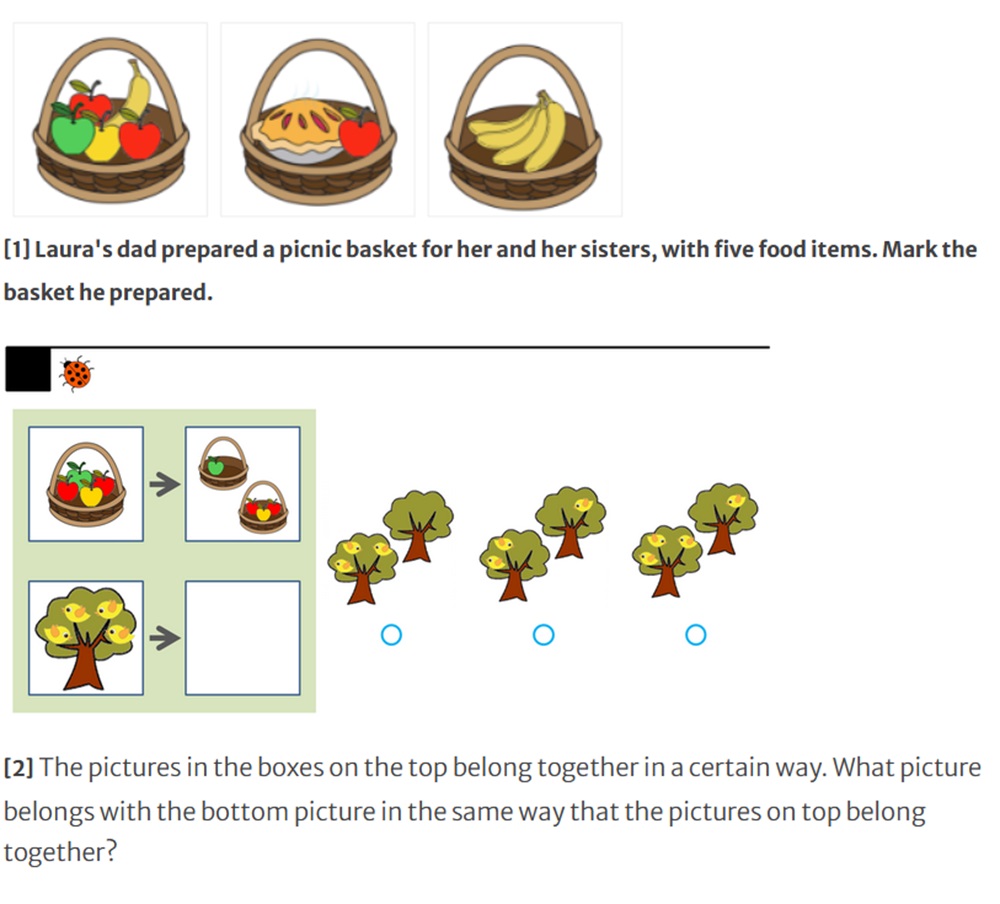
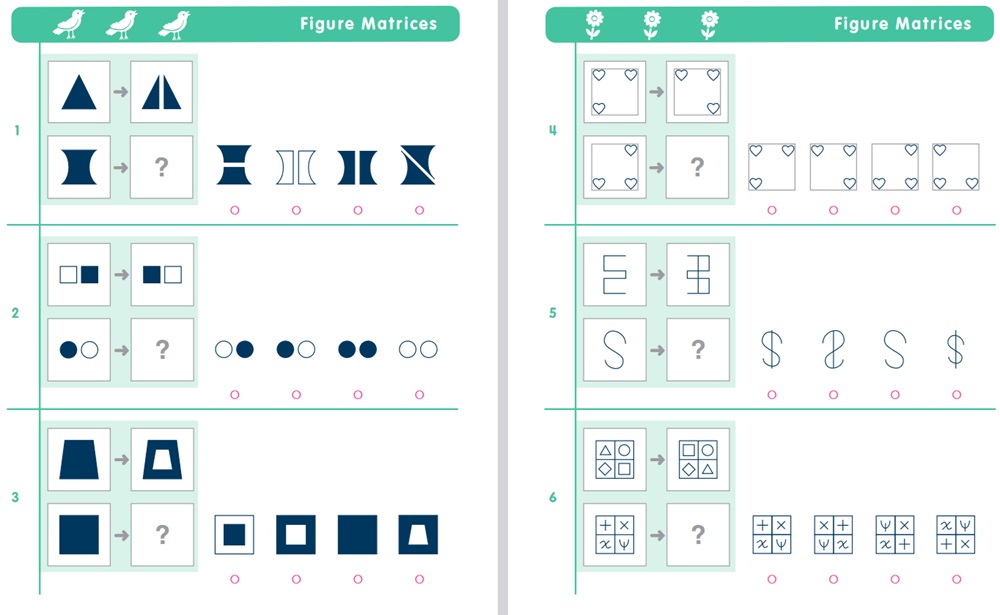
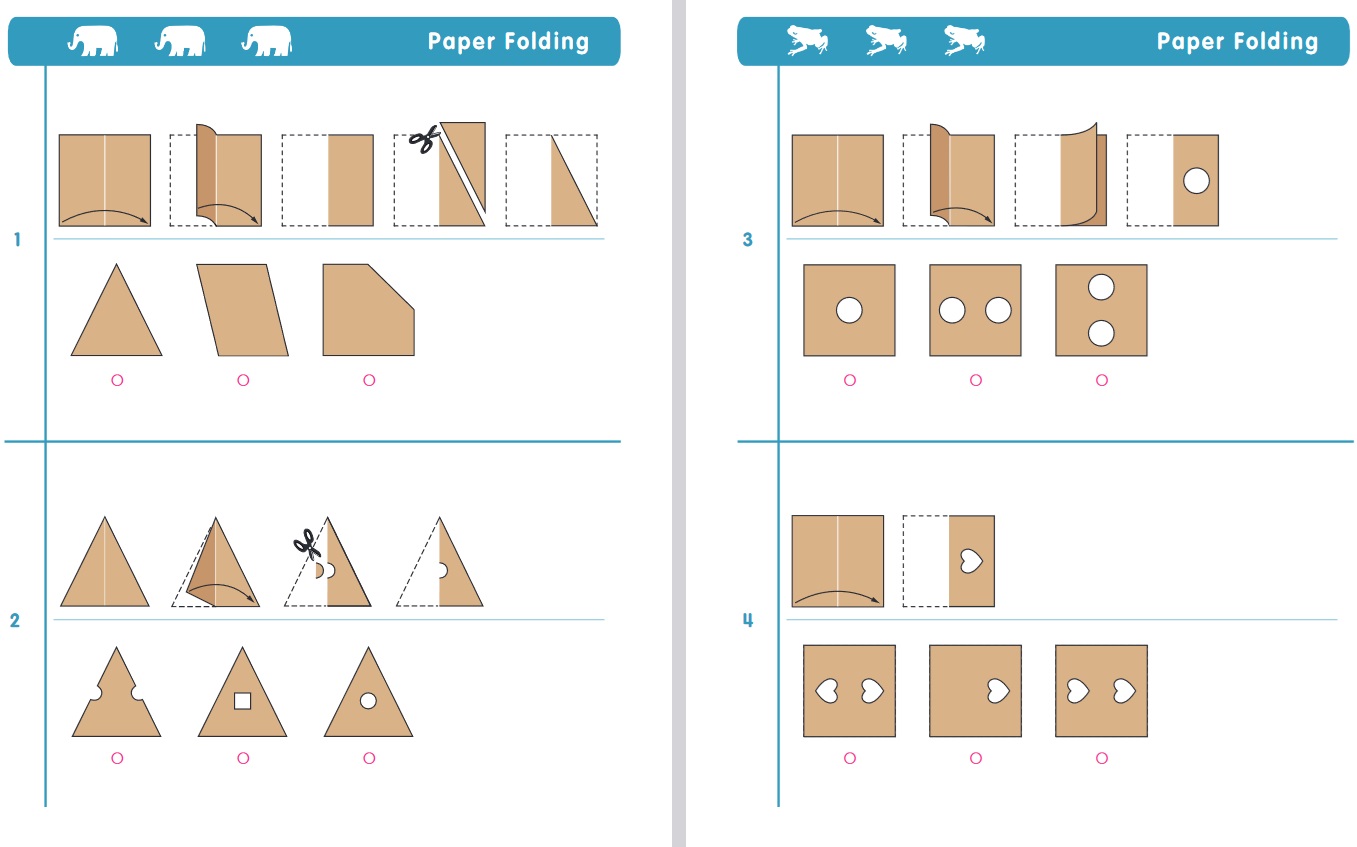
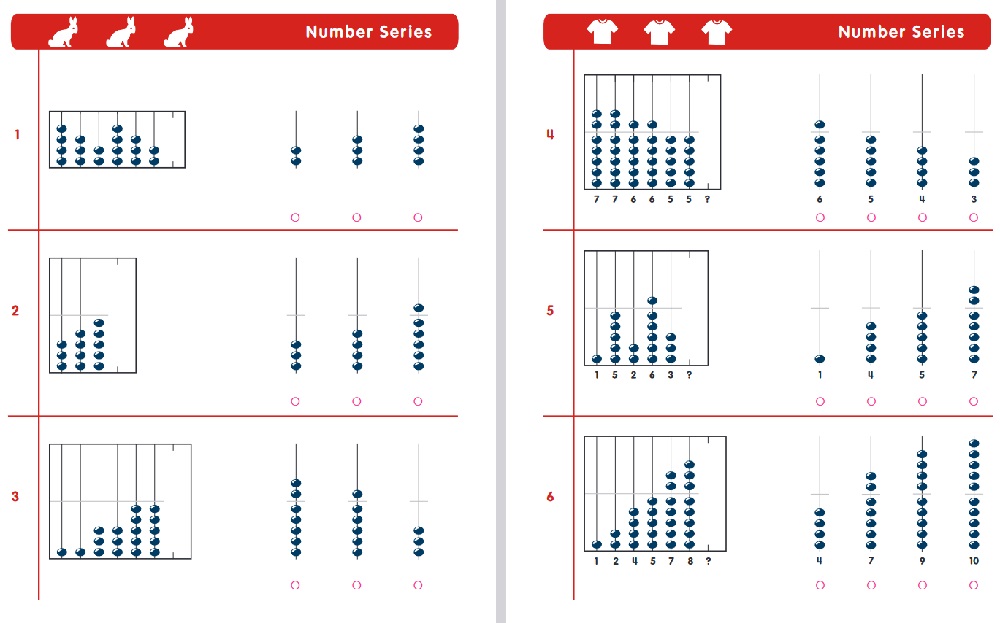
CogAT Test Grade 2 – Practice Questions.
The CogAT qestions below are specifically for 2nd Grade:
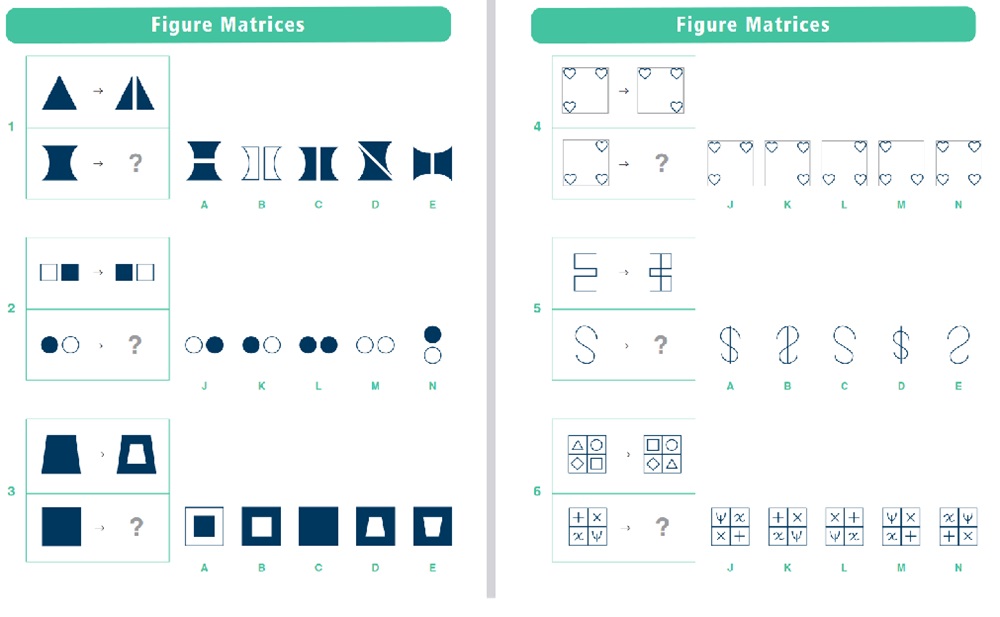
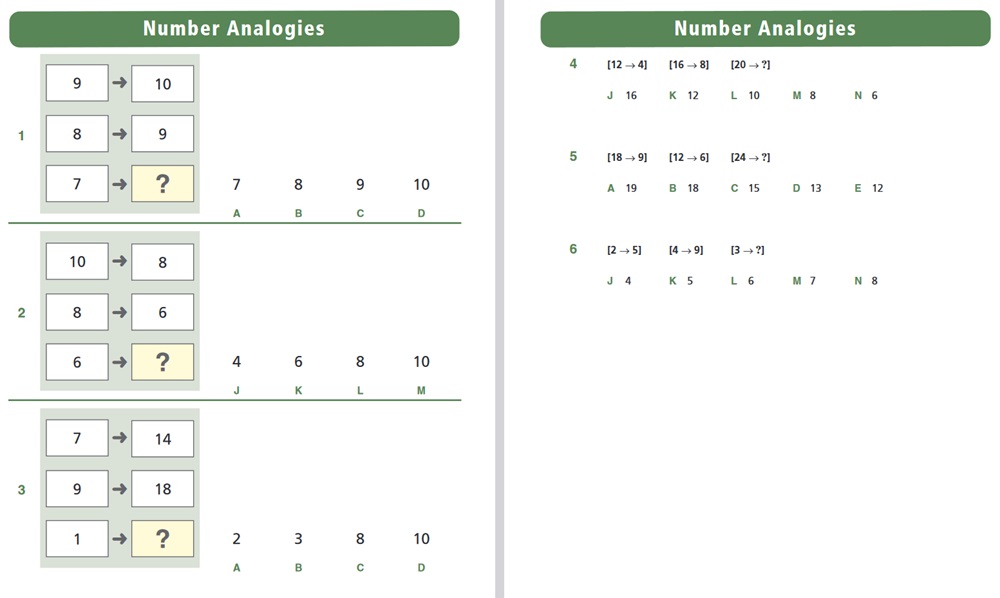
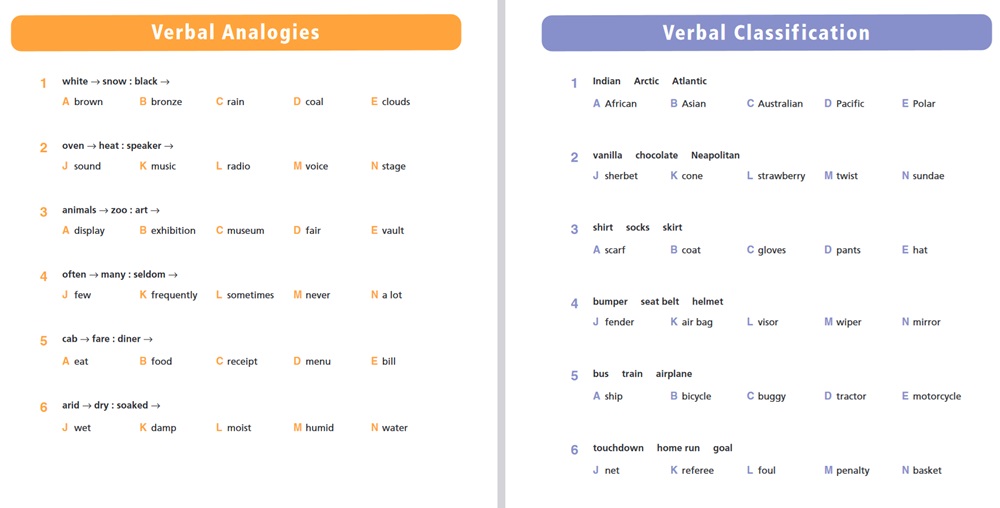
CogAT Test Grade 3 – Practice Questions.
The CogAT qestions below are specifically for 3rd Grade:
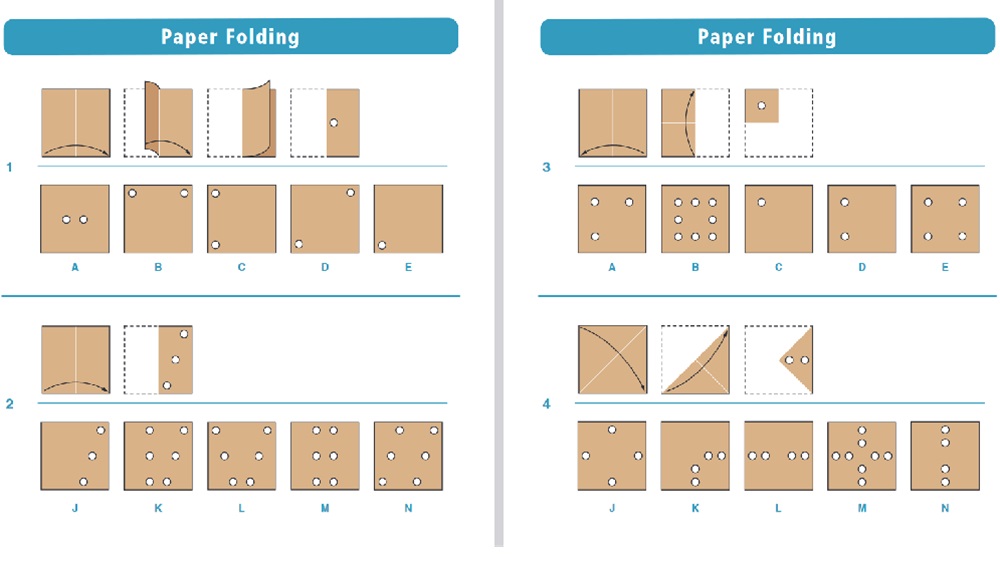
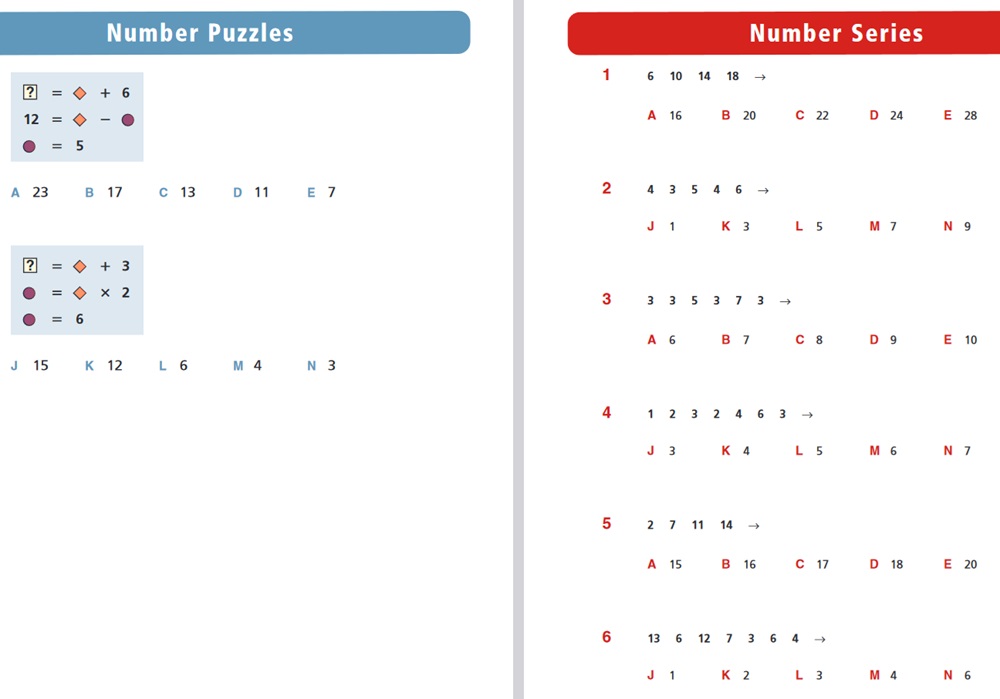
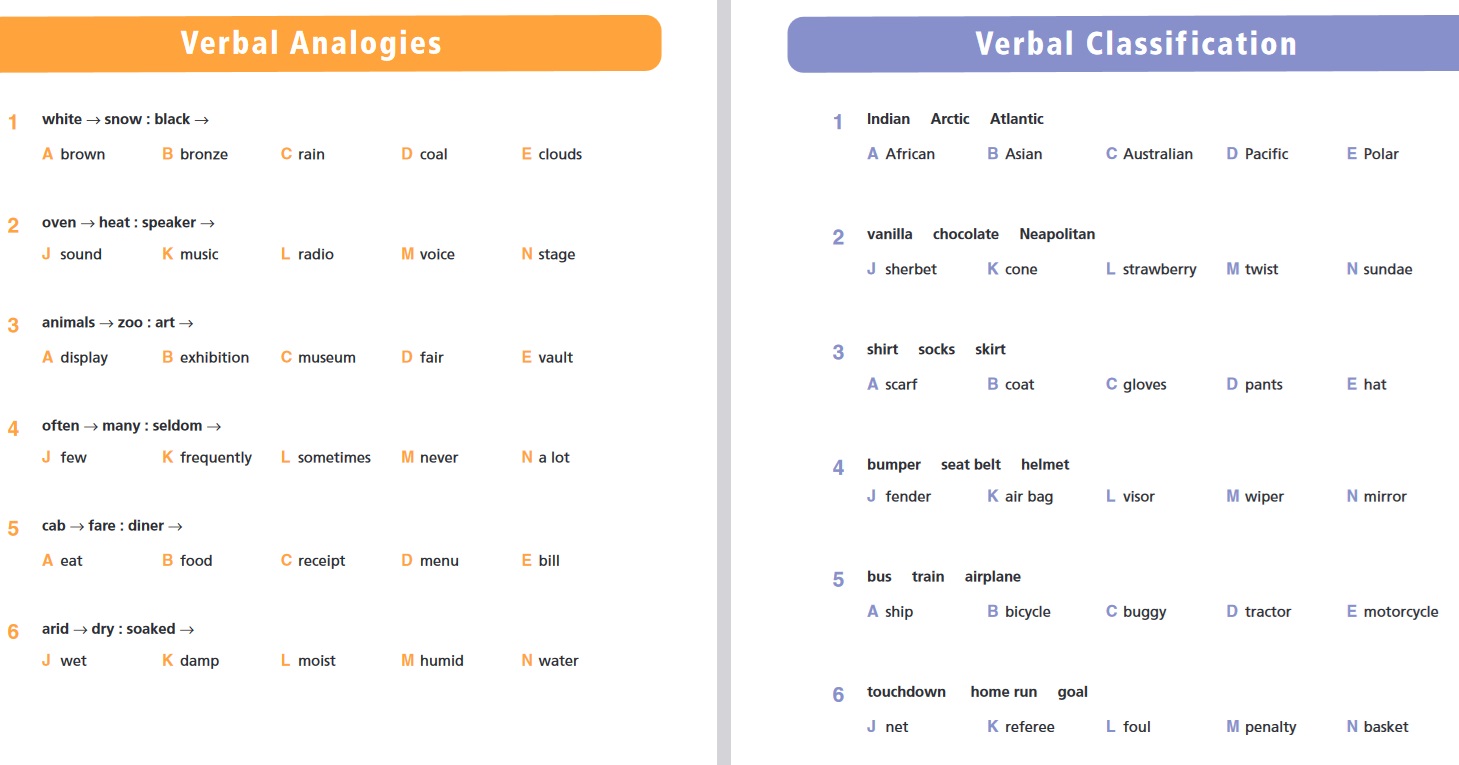
Alternatives to the CogAT Cognitive Test.
If you’re considering alternatives to the CogAT, here are some options:
- Woodcock-Johnson IV Tests: A comprehensive assessment of cognitive abilities and academic achievement.
- Naglieri Nonverbal Ability Test (NNAT): Focuses on nonverbal reasoning and problem-solving.
- Otis-Lennon School Ability Test (OLSAT): Measures verbal and non-verbal abilities in school settings.
These tests also help identify cognitive strengths and areas of improvement for academic success.
FAQ – CogAT Test.
Frequently asked questions and answers about the CogAT Cognitive Test.
What is the CogAT Test?
The Cognitive Abilities Test (CogAT) is designed to assess students’ cognitive development and problem-solving skills across three domains: Verbal, Quantitative, and Non-Verbal. It’s often used in educational settings to identify gifted students and aid in academic placement.
How long does the CogAT Test take?
The test duration varies by grade level, but generally, it takes around 2-3 hours to complete. It is divided into three sections (Verbal, Quantitative, Non-Verbal), with each section lasting approximately 30-45 minutes.
Which Grades can take the CogAT Test?
The CogAT test is administered to students from kindergarten through 12th grade, although it is most commonly given in elementary and middle school to assess students’ abilities early in their educational journey.
How is the CogAT Test scored?
The CogAT is scored based on three key components:
- Standard Age Score (SAS): Measures cognitive ability with an average score of 100.
- Percentile Rank (PR): Shows how a student’s score compares to peers.
- Stanine: A scale from 1-9, where 9 is the highest score and 1 is the lowest.
What is the CogAT test used for?
The CogAT is primarily used to assess students’ reasoning abilities and to identify those who may need additional support or are suitable for gifted programs. It is also used to gauge a student’s potential for academic success.
What is a good score on the CogAT test?
A good score on the CogAT typically means scoring above the 75th percentile, while average scores fall between the 25th to 75th percentiles. Scores above the 90th percentile indicate above-average abilities and may qualify a student for gifted programs.
What CogAT score qualifies as gifted?
A CogAT score in the 90th percentile or above usually qualifies a student as gifted. Some programs may have specific criteria, but scoring 125 or higher on the SAS or 90th percentile in multiple sections is a common threshold.
Is the CogAT test an IQ test?
The CogAT is not an IQ test, but it measures similar cognitive abilities such as reasoning and problem-solving. While IQ tests assess general intelligence, the CogAT focuses on specific cognitive abilities related to academic performance.
What IQ score is gifted intelligence?
A score of 130 or higher on a traditional IQ test, such as the Stanford-Binet or Wechsler Intelligence Scale, typically indicates gifted intelligence.
What CogAT score qualifies for Mensa?
Mensa does not officially accept CogAT scores for membership. However, other IQ tests, such as the Stanford-Binet or Wechsler Adult Intelligence Scale (WAIS), can be used to qualify for Mensa with a score in the 98th percentile or higher.
What are the disadvantages of the CogAT test?
Some potential disadvantages include:
- Bias toward language and cultural differences: Students from diverse backgrounds may not perform as well.
- Pressure on young children: The test can be stressful, especially for young students.
- Limited focus on creativity: The CogAT focuses on reasoning and cognitive skills, but it doesn’t assess other important abilities like creativity or emotional intelligence.
How hard is the CogAT test?
The CogAT test varies in difficulty depending on the grade level. It can be challenging for students, especially those who are unfamiliar with non-verbal reasoning tasks or advanced math concepts.
Do all students take the CogAT test?
No, not all students take the CogAT. It is often used in specific school districts or programs that require testing for gifted and talented placement. It is typically administered to students in grades K-8.
How much does the CogAT cost?
The cost of the CogAT test varies depending on whether it is administered by a school district or through a private organization. In schools, the test is typically covered by the district, while private testing can cost anywhere from $50 to $200.
Should I prep my child for CogAT?
Preparation for the CogAT can help familiarize students with the types of questions they will encounter, but excessive test preparation might skew the results. Light practice and exposure to similar problem-solving exercises may help reduce test anxiety.
How accurate is CogAT?
The CogAT is considered a reliable assessment of a student’s cognitive abilities, but no test is perfect. Its accuracy can depend on factors such as the student’s state of mind, test-taking environment, and exposure to similar content.
What does a Standard Age Score (SAS) mean?
The SAS compares a student’s cognitive abilities to the average score of peers in the same age group. A score of 100 is average, scores above 100 indicate stronger cognitive skills, and scores below 100 indicate areas for improvement.
What does the 95% confidence band mean on CogAT results?
The 95% confidence band shows the range within which a student’s true score likely falls. It accounts for testing error and variability, providing a more accurate interpretation of the score.
What is a stanine score?
A stanine score is a scale from 1-9, where 9 is the highest score and 1 is the lowest. Stanines provide a more general understanding of where a student’s cognitive abilities rank compared to peers.
How often can the CogAT be administered?
The CogAT can be administered once a year in most school settings, though some districts may have their own specific policies regarding testing frequency.
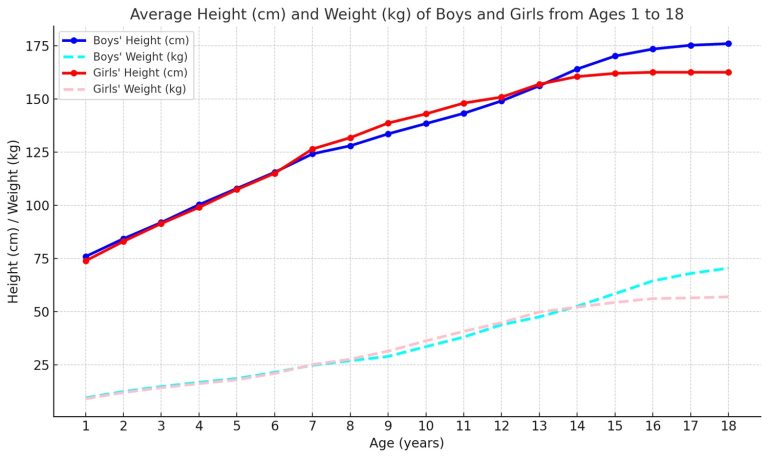
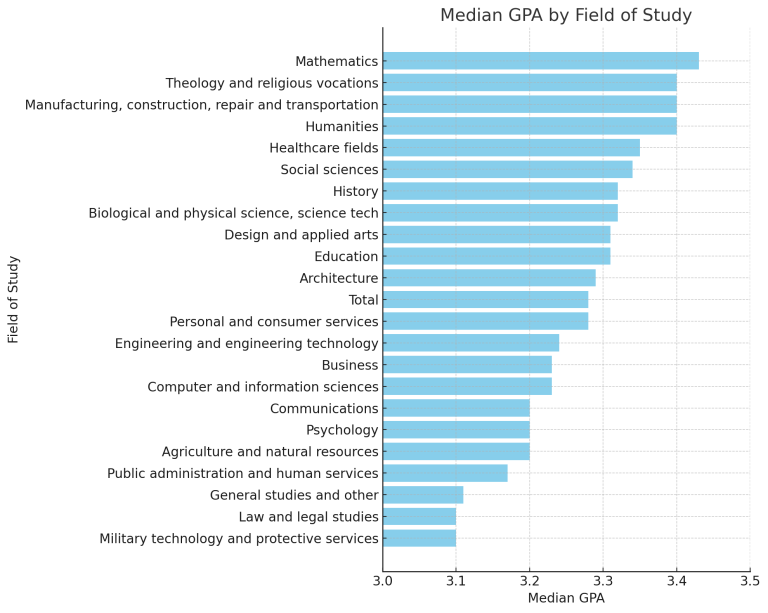
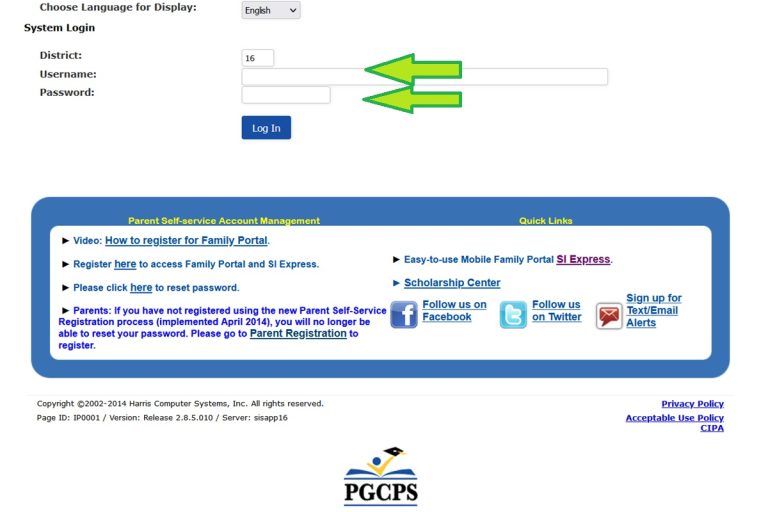
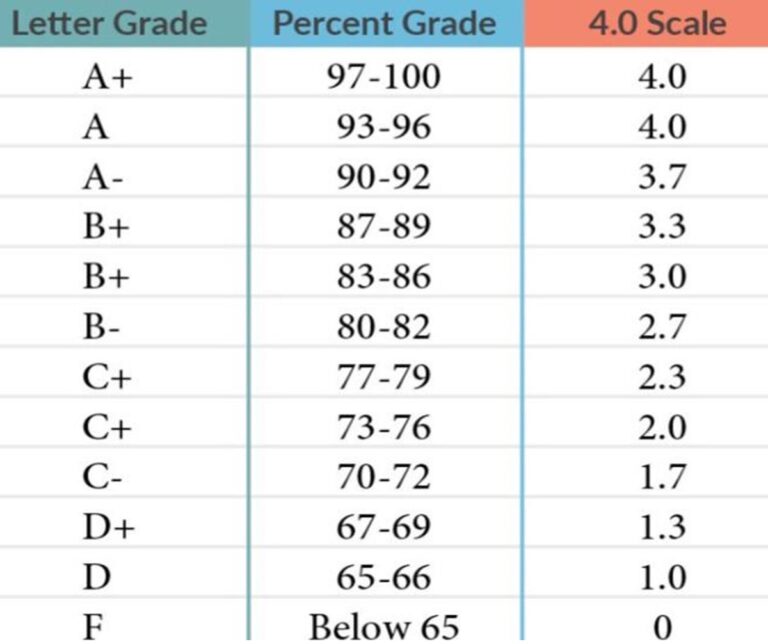
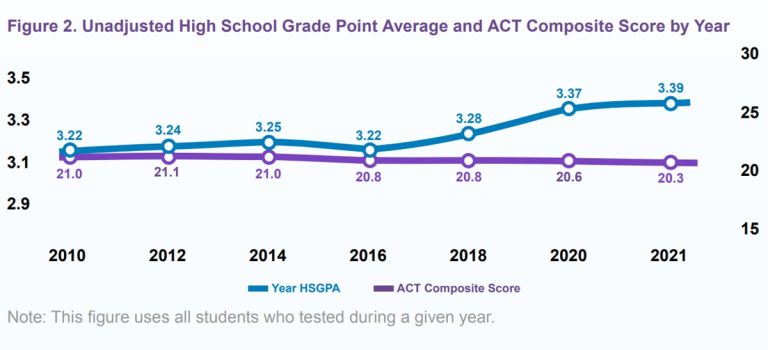
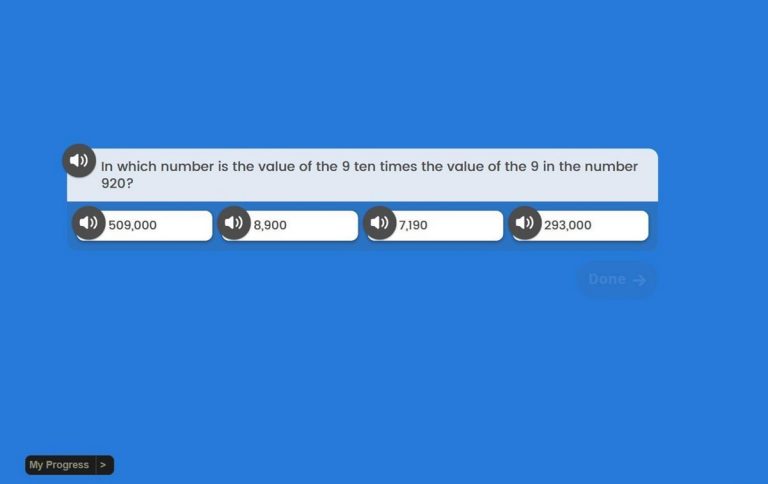
hey, so im a bit confused about the cogat scores. if my kid gets like an average score, does that mean he’s just average or is there more to it? also, how do these scores help in the long run, just wondering cause i want the best for him.
Hi LizzyQ, average scores on the CogAT can still be quite good! They’re designed to identify areas where your child excels and where they might need some support. It’s great for tailoring their learning. Always encourage them and provide support where needed!
So, we’re trusting these cogat tests to tell us if kids are smart or not now? sounds like a bunch of hooey to me. Since when did a test score decide someone’s worth, eh?
Can someone explain how to prepare for the CogAT? My child is about to take it for the first time, and we’re not sure how to start. Any recommended resources or tips? Thanks in advance!
I think the cogAT is a great way for kids to show what they know! not everyone tests the same but it can really help teachers understand our kids better. Go kids go!
It’s true that not all test results define ability accurately, but they do provide a useful snapshot of where a child might need support or enrichment. Key is to balance it with other forms of assessment and learning.
For parents worried about the cogAT, I’ve seen lots of kids improve with practice. There are plenty of resources out there that can help. It’s not just about being smart, but getting familiar with the test format can really help too.